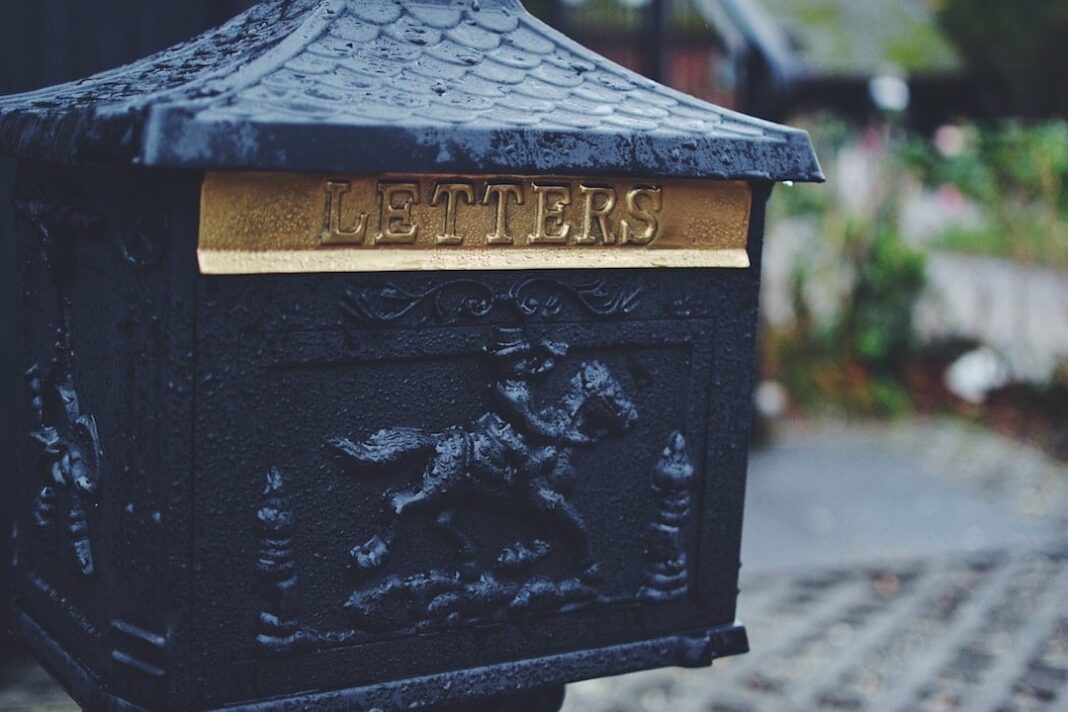
Whether you’re a first-time renter or a seasoned veteran, knowing your renter rights remains an important piece of the renting process. Your city and state might have specific rights, but there are some nation-wide renter rights that apply to everyone, regardless of location. It’s important to understand the three major categories of your renter rights: privacy, breaking a lease, and eviction notices Here’s everything to know about these renter rights topics.
1. Privacy

Your landlord is obligated, by law, to give you at least 24 hours’ notice if they need to enter your unit for maintenance requests or other reasons. Be sure to check your lease to see if it mentions anything about the timing and type of notice that your landlord will need to give you. For example, it may need to be given in writing, as opposed to given verbally.
If your landlord wants to show the apartment to a prospective tenant, they need to give you 24 hours’ written notice. After they send you the written request, you need to have the apartment available and appropriate for entry by the date and time requested. In an emergency situation, your landlord may let themselves in. Check your state laws, because states do have differences in privacy laws.
Before signing any sort of lease agreement, make sure that the fine print doesn’t waive your right to privacy. In the event that your landlord violates your privacy, send them a letter with a description of the incident and make a copy for your records. Include the place, time, and nature of the violation and send your letter in the mail (with tracking included) to ensure you have proof that it’s been delivered. Make sure you follow all legal procedures in case things get contentious.
2. Breaking a Lease

Sometimes, you need to move out earlier than expected. Read through your rental agreement to see what kind of stipulations there are for breaking a lease before doing anything.
If you are in an unlivable situation, it is often called a “constructive eviction.” Look at your state’s laws to see what kind of notice you need to provide your landlord before you leave. For issues like lack of hot water or heat, you probably need to allow the landlord a few days to fix the issue before you are legally allowed to break your lease. Take photos and document everything so you have proof of the situation.
Sometimes a landlord will allow you to move out if you have already found someone to sublet your place. Check your lease to see if your building allows for subletting your apartment. If you aren’t able to fill the room with a subletter, your landlord will be forced to find someone to take over your unit. If that happens, you’ll probably owe at least one month’s rent. You also might have to cover the cost of advertising your unit to prospective tenants. If your landlord doesn’t follow the “re-rent” protocol and asks you to pay through the remainder of your lease, this could be illegal. Check your lease first, then write them a letter to advocate for yourself or contact a tenant resource center for assistance.
3. Eviction Notices
There are a few types of notices you might receive as a renter. Don’t worry; just because you received an eviction notice doesn’t mean you’re necessarily going to be forced to move out. Here’s a little info about your rights when it comes to eviction notices:
- If you didn’t pay rent, the type of eviction notice you’ll get is called a “Pay Rent or Quit” notice. You’ll have 3-5 days to leave the unit or pay the rent you owe. If you pay the amount you owe, you’ll be able to stay in your apartment. If you can’t pay the rent, you’ll need to move out before the 5th day.
- If you’ve been throwing parties that produce noise to an extreme level or currently have a pet in an apartment that doesn’t allow for them, you might receive a “Cure or Quit” notice. This type of notice essentially asks that you solve the problem at hand (like keeping the noise down or sending your pet to live with friends or family) or leaving the unit if you’re unable to do so.
- If your lease is up and you don’t live in a rent-controlled building or city, your landlord can give you an eviction notice that requires you to move out within 30-60 days. Don’t worry, this doesn’t necessarily mean that you’ve done anything wrong. When your lease is up, your landlord has the ability to evict you without a legitimate reason, so make sure you know your specific state’s tenants rights if you receive an eviction notice.
- Read the notice you received and attempt to have an amicable conversation with your landlord; you may be able to come to some sort of agreement. Also, be sure to check your state eviction laws to see everything your landlord has to do before evicting you. See if they followed all protocol and, if not, they may have to re-file the eviction notice.
As a renter, you have many other rights that are not listed here. Renters’ rights can vary by state, so it’s important to know which ones apply to you and your specific situation. While the hope is that you won’t ever need to know too much about each right, it’s best to be prepared in case anything comes up.
Before you move into a new apartment, always read over the lease to see what it contains. Ready to find your new place? Search thousands of apartments for rent on Zumper and find your home.




